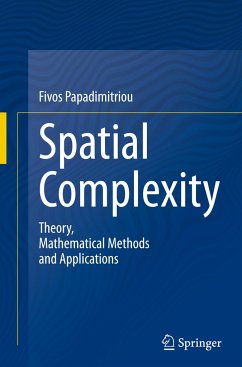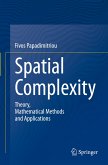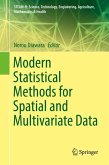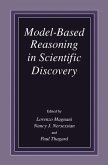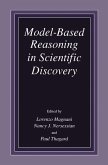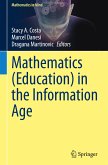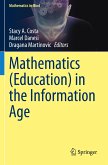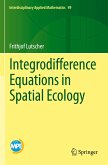This book delivers stimulating input for a broad range of researchers, from geographers and ecologists to psychologists interested in spatial perception and physicists researching in complex systems.
How can one decide whether one surface or spatial object is more complex than another?
What does it require to measure the spatial complexity of small maps, and why does this matter for nature, science and technology?
Drawing from algorithmics, geometry, topology, probability and informatics, and with examples from everyday life, the reader is invited to cross the borders into the bewildering realm of spatial complexity, as it emerges from the study of geographic maps, landscapes, surfaces, knots, 3D and 4D objects.
The mathematical and cartographic experiments described in this book lead to hypotheses and enigmas with ramifications in aesthetics and epistemology.
How can one decide whether one surface or spatial object is more complex than another?
What does it require to measure the spatial complexity of small maps, and why does this matter for nature, science and technology?
Drawing from algorithmics, geometry, topology, probability and informatics, and with examples from everyday life, the reader is invited to cross the borders into the bewildering realm of spatial complexity, as it emerges from the study of geographic maps, landscapes, surfaces, knots, 3D and 4D objects.
The mathematical and cartographic experiments described in this book lead to hypotheses and enigmas with ramifications in aesthetics and epistemology.
"With this book, Dr Papadimitriou shows that the examination of spatial complexity is a problem on its own, and that, although the basic theory for its assessment should (expectedly) be mathematical, its connections with non-mathematical concepts and ideas leads us to a trove of applications for geography never imagined before." (John Lidstone, IRGEE International Research in Geography and Environmental Education, August 20, 2021)

